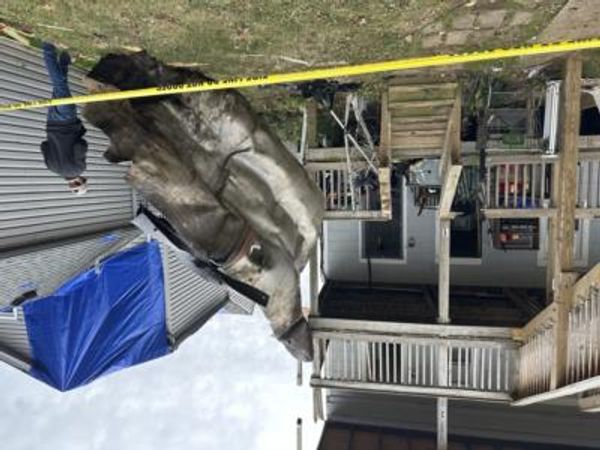
Australia welcomed 9,400 refugees through resettlement programs in the first half of this year, according to new figures from the United Nations refugee agency UNHCR.
In total, 22 countries reported 85,000 arrivals “through resettlement, community sponsorship and other third-country solution programs” in the first six months of 2024, the agency’s new mid-year report says.
That would make Australia one of the world’s most generous countries when it comes to that specific type of refugee intake — but the figure doesn’t tell the full story, according to the Asylum Seeker Resource Centre (ASRC).
“Our humanitarian intake is not reflective of the increase in demand worldwide, so we need to increase our humanitarian intake as well as ensuring that those who arrive and then seek asylum have access to their rights and support in the community,” ASRC head of systemic change Jana Favero told Crikey.
“To understand the reality on the ground you have to look at how we treat people seeking asylum: we put them in detention, there are delayed processing times, and up until the change in federal government [in 2022] we had people recognised as refugees but given temporary protection.”
The UN report paints a bleak picture of the current state of displacement around the world, with an estimated 122.6 million people being either refugees, internally displaced in their country of origin, seeking asylum, or in need of international protection.
Of those, six million are Palestine refugees under the mandate of the UNRWA, 72.1 million are internally displaced, 4.4 million are stateless, and 32 million are refugees under the UNHCR’s mandate.
Just over one-third of all refugees are hosted by Iran (3.8 million, mostly from Afghanistan), Turkey (3.1 million, mostly from Syria), Colombia (2.8 million, mostly from Venezuela), Germany (2.7 million, mostly from Ukraine) and Uganda (1.7 million, mostly from South Sudan).
Nearly 70% of refugees are in a country neighbouring their own, and 71% are hosted by low-and middle-income countries.
Favero said the ASRC was expecting the need for resettlement of people from Gaza and Lebanon to increase as a result of the ongoing war in those places. The charity is currently working with 260 families from the occupied Palestinian territories.
“We have to think about what role Australia can play in what’s happening globally, and make sure we have a consistent and fair response,” she said.
“We saw recently when people arrived as refugees from Palestine, many didn’t have the right to work, didn’t have the right to study, and didn’t have access to Medicare, so they have to rely on charities and family and friends to support them. We need a better humanitarian response, and to ensure that people seeking asylum have their rights upheld and can access the support they need.”
The ASRC estimates there are about 100,000 people currently seeking asylum in Australia. About 100 people who arrived by sea have been transferred to Nauru since September 2023, according to the organisation.







